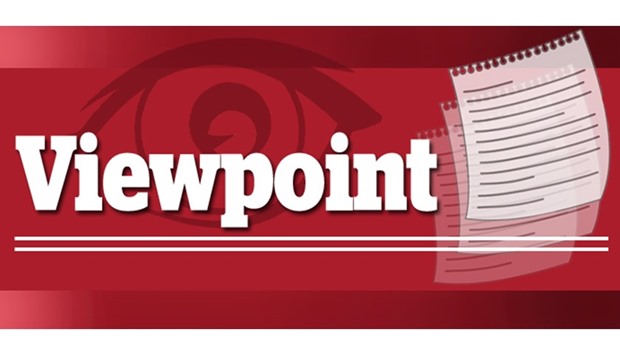By November 8, Americans will look back on August as the good old days. That’s because some Americans have only begun to acquaint themselves with the grim choice they face between Donald Trump and Hillary Clinton. A lot of people busy with jobs, families, volunteer tasks and hobbies don’t give elections much attention until Labor Day, or later.
Though interest has been higher this year than in past presidential contests, 15% of Americans say they have paid little attention. Some prospective voters are just faintly aware of the two candidates’ White House efforts and all the baggage they’re dragging along behind them.
For those citizens, as well as the voters who’ve been paying attention, the weeks between now and Election Day will bring a barrage of negative, largely dispiriting advertisements, from the campaigns as well as independent groups. The ads will highlight the real and alleged sins and scandals of each candidate.
Clinton and Trump have more than the usual vulnerabilities to exploit, so the ugly part of the campaign will be more hideous than usual. The subtext of each candidate’s message will be: “You think I’m bad? My opponent is horrendous.”
When she left the State Department in 2013, Clinton was widely admired, with only 29% of Americans viewing her unfavourably. Today, more than half dislike her. And the number could grow. WikiLeaks founder Julian Assange said he timed a release of hacked e-mails from the Democratic National Committee to damage her candidacy – and he vows to publish more material about her in the coming weeks.
But Trump supporters shouldn’t be too optimistic. Assange has also said that if disgruntled Trump associates could supply his group with inside information, “we’d be very happy to receive it and publish it.” He has indicated a particular interest in Trump’s tax forms.
Then, of course, there are the debates, where the candidates have the chance to confront, challenge and pummel each other. Trump showed a talent for stinging insults – remember his disparagement of “Little Marco” Rubio and “low-energy” Jeb Bush? There is every reason to think he’ll be ruder and more aggressive than previous major-party nominees have been in the fall debates. The usual rules of decorum don’t inhibit him.
Clinton was relatively polite in her debates with Bernie Sanders, whose supporters she hoped to eventually enlist. But she didn’t pull any punches in her 2008 debates with Barack Obama, aggressively faulting him for his Chicago ties to political operator Tony Rezko, whom she called a “slum landlord,” and incendiary pastor Jeremiah Wright. If her opposition research team has dug up incriminating material about Trump, the debates would be a perfect opportunity to unload it.
By the time these two and their many critics have expended all their ammunition, Clinton and Trump may have higher negative ratings than the Zika virus.
It may seem impossible for despairing voters to lower their opinion of these two candidates. But this campaign seems designed to change the old definition of politics as “the art of the possible.” What was once impossible has become almost inevitable.

viewpoint
